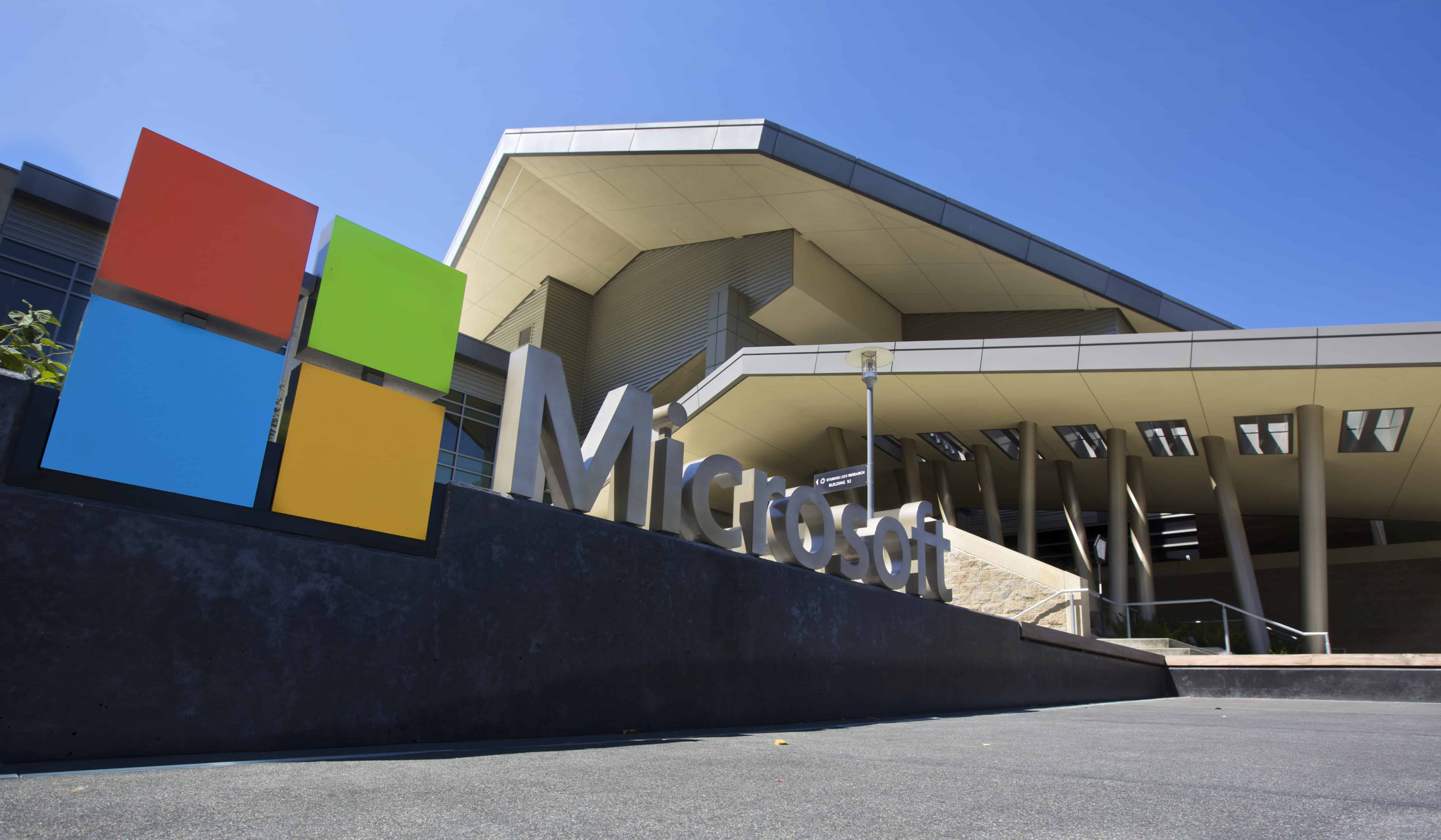One year after last year’s dividend increase, Microsoft (NASDAQ: MSFT) is raising its dividend again. The company’s board of directors authorized a quarterly dividend of $0.51, representing an 11% increase over its previous quarterly dividend. In addition, the board approved a new repurchase program.
Here’s a closer look at the company’s invigorated plans for returning capital to shareholders.

Accelerated dividend growth
After the bell on Wednesday, Microsoft boosted its quarterly dividend by $0.05 to $0.51. On an annual basis, this translates to $2.04. The company said it will pay its first $0.51 dividend on Dec. 12, 2019, to shareholders of record on Nov. 21, 2019. To be a shareholder of record on this date, investors will need to own the stock before the ex-dividend date of Nov. 20, 2019.
Notably, this 11% dividend increase marks an acceleration compared to Microsoft’s 9.5% dividend increase last year. In addition, it’s slightly ahead of Microsoft’s five-year average compound dividend growth rate of 10.4% leading up to Wednesday’s dividend increase announcement.
Set to pay out a total of $2.04 in dividends per share on an annual basis, this gives Microsoft a dividend yield of 1.5% based on the stock’s closing price on Wednesday. This is below the average dividend yield of 1.9% for stocks in the S&P 500.
Microsoft’s new share repurchase program
Along with its dividend increase announcement, Microsoft revamped its share repurchase program. The company’s board of directors authorized a fresh $40 billion to be used for repurchasing stock. The new program has no expiration date but can be terminated at any time, the company said.
A share repurchase program isn’t new to Microsoft. The company’s most recent $40 billion repurchase program was initiated about three years ago. While this program was kicked off several years ago, the company has been repurchasing shares more aggressively recently. Microsoft bought back $19.5 billion worth of stock in fiscal 2019, up from $11.8 billion and $10.7 billion in fiscal 2017 and fiscal 2018, respectively.
If the company continues to repurchase shares at its current rate, Microsoft could exhaust its new $40 billion repurchase program in just two years.
There’s more where that came from
A dividend increase and a refreshed capital return program was a no-brainer for the company. Microsoft brought in $38.3 billion in free cash flow in fiscal 2019. Of this free cash flow, just $13.8 billion was paid out in dividends. Including the money it spent on share repurchases, Microsoft returned about $33 billion to shareholders during the year.
Given how small Microsoft’s dividend payments are relative to its free cash flow, the company looks poised to keep increasing its dividend for years to come. In addition, the tech company will likely continue authorizing more capital for share repurchases every few years.







